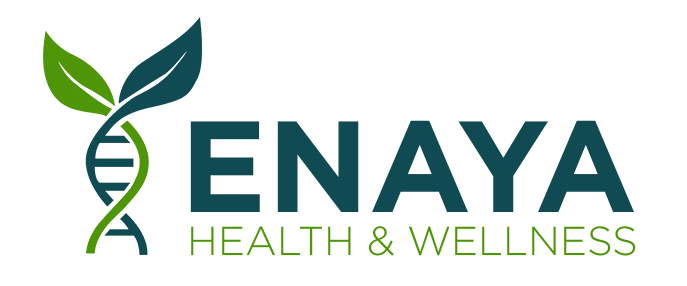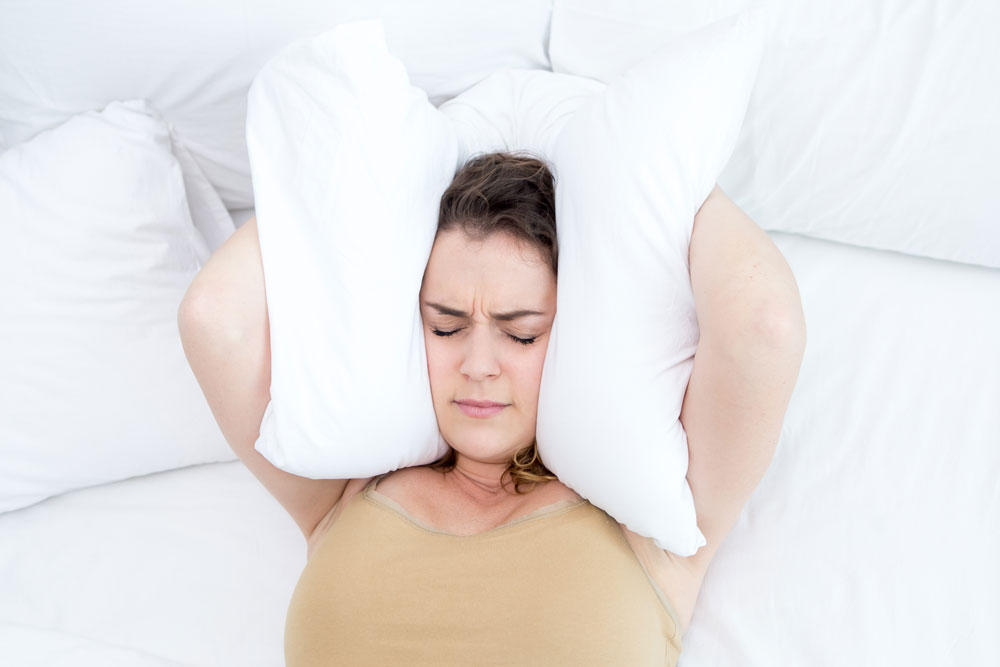As a pharmacist, I have witnessed the desperation of sleep-deprived patients as they fumble through aisles for a bottle of Advil PM. They resemble a parched marathon runner, fishing for a cup of water just before the finish line—fishing for the nearest lifeline in sight. For insomniacs, sleeping pills are just that: a lifeline. They are the Quick Fix to the tossing, the turning, the clock-watching agonies that haunt their every night. These pills grant them the gift of a good night’s sleep, so they become their lifeline.
According to National Sleep Foundation (NSF), millions of people aren’t meeting the recommended hours of sleep that their bodies need to function optimally. Millions of people, in other words, are sleep-deprived. But despite the NSF’s report, the number is actually significantly higher, because many people suffer in silence. Their doctors remain unaware of the issue as these insomniacs resort to over-the-counter sleeping pills for a solution (i.e. Benadryl, Tylenol PM, Advil PM, Melatonin, etc.).
But untreated insomnia often leads to bigger problems; its victims are at an increased risk of other ill conditions, such as depression, PMS, fibromyalgia, anxiety, carbohydrate cravings, binge-eating, as well as alcoholism.
So what are mainstream treatments of insomnia?
Imagine this scenario: it’s confession time. Your primary doctor listens as you spill your million grievances about your sleepless nights and unproductive work days and crippling headaches and accruing Starbucks bills, pausing only to chug down what happens to be your fourth coffee of the day. Life’s been rough. And ironically, what should be the remedy to rough day—sleep—is actually your offender.
Most patients coming in for insomnia treatment are directed toward counseling services for stress reduction. Others are taught sleep hygiene and are told to avoid caffeine (this last one functions to save both your sanity and your shrinking wallet). And when these interventions don’t work, mainstream doctors—in their time constraints and insurance reimbursement pressures—resort to prescribing sleep medication1. What’s missing from that sequence of solutions?
As always, finding and treating the root cause.
Though prescription medications help patients fall asleep, they are only patchwork solutions to a complex problem. Patients who are dependent on these medications will regress to insomniac tendencies as soon as their pills are misplaced or finished. Consequently, their pill dependency can last a lifetime, inviting adverse side effects that were never there. Here’s another an inconvenient truth: insomnia is not the problem in and of itself; rather, it is a symptom to an invisible issue in need of diagnosis. Our approach as Functional Medicine practitioners is to uncover why our patients cannot sleep—what went wrong in the body that is disrupting this natural process?
First, what is your sleep routine?
It seems that YouTube’s trending night routine videos may have some legitimacy after all. While most of us find rich teens showcasing their skinny teas and cozy beds in Calvin Klein PJs distasteful, their message of self-care is invaluable. A consistent night routine that triggers melatonin production and primes you for sleep is critical, even into adulthood. So use this checklist of go-to activities to incorporate into your own evening hours (no YouTube documentation required):
- Waking up after a few hours of shut-eye and not being able to fall back asleep is often caused by something you ate or drank just hours before. Eat a good diet and be sure to cut back on sugary treats, alcohol, heavily-spiced foods, and caffeinated drinks after dinner. Also, swap carb-laden dishes for leafy green vegetables and healthy fats at dinner time (healthy fats include avocados, coconut, olives, nuts, and seeds). Dietary changes are proven to increase the quality of your sleep.
- Put away electronics a couple of hours before bed. It is well-documented in scientific research that visual stimulation, as well as blue light emitted from electronics, interfere with melatonin production.
- Commit to one or two de-stressing activities before bed. Some of our favorites include yoga stretches, medication, spiritual prayers, deep breathing, warm baths while essential oils burn in the background.
- Before heading to bed, dim the lights around your home and keep the temperature slightly cool. You’ll fall asleep better that way, I promise.
What if these lifestyle tips aren’t working?
Then it’s time to look a little deeper. Being deficient in essential nutrients2, as you may have guessed, is another root cause of insomnia. Insomniacs who wake up abruptly and find themselves tossing and turning until sunrise are experiencing low blood sugar in their sleep. A dietary change can easily remedy this problem. `
Another common culprit masquerades as the “good guy,” with insomnia being a side effect footnoted in small print. That’s right. Several medications3 can significantly lower the amount of melatonin (the sleep hormone) in your body and leave you sleep deprived.
Poor diets and medication regimens aren’t the only sleep thieves known to man. There’s one more, and it’s the happy hormone and neurotransmitter we all love: serotonin4. Serotonin converts into melatonin at night and is made in the body via many enzymatic reactions from the essential amino acid tryptophan. This conversion requires many key nutrients, most importantly vitamin B6 and Zinc. Being deficient in these raw materials and expecting a good night’s sleep is like trying to pass a Calculus exam without studying. Only a few can make it. Many environmental toxins also contribute to zinc deficiency—plastic, especially. Our bodies depend on zinc to convert B6 to its active form, whereby transforming tryptophan into a serotonin. It’s a complex science. Just remember: a nourishing diet can go a long way in reviving your near-dead sleep experience.
Everyone deserves beauty sleep
You don’t need to be a medieval Disney princess or a growing adolescent to earn uninterrupted beauty sleep. And you don’t need to trade your hard-earned money on triple shot espressos and sleeping pill refills to survive your insomniac days. There’s a root cause to everything—even to sleep deprivation—and every root cause can be remedied with a holistic solution. Let’s work together to finding that solution, pill dependencies not included. Let’s make our way toward restful nights…
[1] These medications include: eszopiclone (Lunesta); ramelteon (Rozerem); zaleplon (Sonata); zolpidem (Ambien, Ambien CR); or other drugs like the antidepressant trazodone (Remeron), or benzodiazepines such as Lorazepam.
[2] For insomniacs, common deficiencies in essential nutrients include chromium, vanadium, manganese, and magnesium. Magnesium is a vital nutrient that seldom exists in modern diets. Low magnesium levels can cause a variety of imbalances in your body, including anxiety and insomnia. Taking a magnesium supplement before bed can help with sleep issues.
[3] These medications include antidepressant drugs such as fluoxetine, blood pressure medications such as amlodipine and atenolol, as well as non-steroidal anti-inflammatory drugs (NSAIDS) such as naproxen and ibuprofen, among many other.
[4] Ninety-five percent of serotonin is made in the gut. If the gut isn’t healthy, then sleep progress is virtually impossible. If you suffer from gas, bloating, diarrhea, constipation, or other inflammatory conditions, then your chances of solving your insomnia problem may be futile until you fix your gut. The secret is to find a doctor who understands the probable underlying causes of insomnia and can properly test you to discover what needs to be fixed. It really can be as simple as that!



Recent Comments